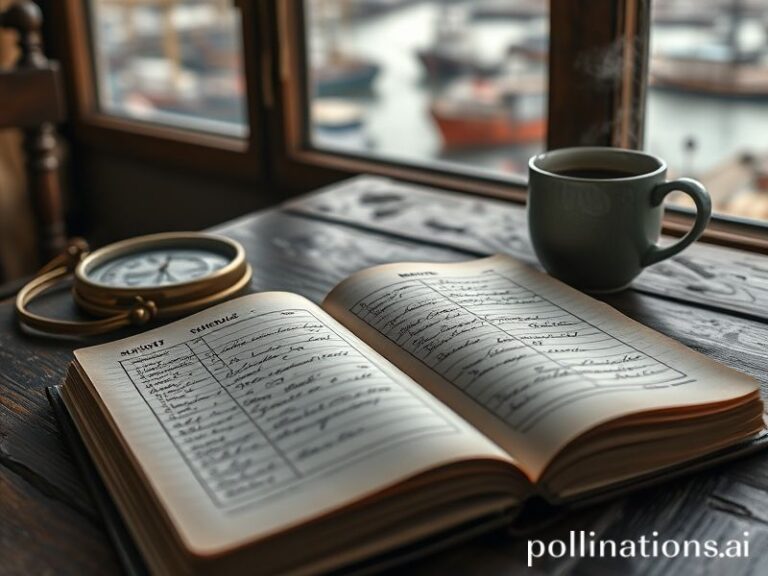johnny depp
Johnny Depp: The Last Pirate of Global Celebrity
By the time the sun rose over the French Riviera last May, Johnny Depp had already been applauded by European cineastes for seven minutes straight—an ovation longer than most of his recent films’ combined running times in Chinese multiplexes. Cannes was signaling something the rest of the planet had quietly accepted: in the post-#MeToo, mid-post-truth era, a fallen Hollywood idol can still be rehabilitated if he shows up with enough eyeliner and a film where he plays a louche, sunglasses-loving aristocrat. Type-casting, like history, rhymes.
Depp’s trajectory from Kentucky teen heart-throb to global Rorschach test charts the decay of America’s most reliable soft-power export: the movie star. Once upon a time Washington sent aircraft carriers; Hollywood sent Depp in a pirate hat. Both projected power, but only one came with merchandising revenue and the illusion of harmless rebellion. Now, as Washington itself drifts toward courtroom reality TV, Depp’s televised defamation trial feels less like gossip and more like a NATO briefing on reputational warfare—only with more objection-sustained sound effects.
Overseas reactions revealed the planet’s fault lines. In Latin America, Depp’s courtroom theatrics were meme-ified into drinking games; every time he mumbled “mega-pint” students took a swig of aguardiente and wondered why their own politicians never face cross-examination. Gulf-state commentators seized on the spectacle as proof that Western moralizing on gender violence was, like sand, easily shifted by money and a good QC. Meanwhile, South Korean fan forums translated Amber Heard’s testimony into honorific-laden Korean, then argued whether an “oppa” could ever truly be cancelled. Conclusion: if he still sells Dior Sauvage at Incheon Duty-Free, he’s oppa forever.
Europe, nursing its own battered #MeToo movement, split along predictable borders. French Ministry of Culture types shrugged—”every genius has a few corpses in the closet, non?”—while German public broadcasters ran 20-minute explainers on coercive control, complete with moody Bauhaus graphics. The British, ever alert to class signals, simply enjoyed watching two millionaires sue each other over marital squabbles most Brits settle with a kettle and passive aggression.
China, the market Hollywood once courted by bleaching Tibetan monks out of blockbusters, quietly scrubbed both Depp and Heard from streaming thumbnails. Not for moral reasons—Beijing dislikes messy litigation the way it dislikes lab-leak documentaries. Pirates of the Caribbean remains available, though, because state censors appreciate plots where looting colonial treasure is framed as entrepreneurial hustle.
The broader significance? Depp’s resurrection suggests the global public has developed antibodies to moral clarity. We consume scandal the way we eat sushi: raw, expensive, and preferably delivered with a side of wasabi-grade schadenfreude. Studios no longer calculate risk in moral terms but in SEO velocity: if your star trends above 500K mentions per day, congratulations, you’ve achieved “engagement immunity.” Netflix’s upcoming algorithm will probably green-light projects by simply feeding a court docket into a sentiment engine. Title: “Objection, Your Honor—Season One drops Friday.”
And yet there is something almost quaint in watching an analog celebrity stumble through the digital coliseum. Depp still behaves as though fame is a flamboyant jacket he can slip on between takes, unaware the garment is now stitched from surveillance footage, depositions, and crypto-bros auctioning NFTs of his collapsed cheekbone. The rest of us, toggling between doomscrolling and day jobs, recognize the farce: a planet burning, democracies wobbling, supply chains crumbling—while we argue over a private joke about a fecal incident that may or may not have graced a marital bedsheet. If aliens intercepted our data flows, they’d conclude that human civilization peaked at pirate cosplay and is now furiously masturbating itself into entropy.
Still, give the devil his due. In an age when soft power is measured in TikTok dances, Depp managed to weaponize nostalgia. The same international fans who once queued for hours at Disneyland to snap a selfie with a Jack Sparrow animatronic now flock to Cannes to defend a man they’ve never met, against allegations they only half followed, in a language not their own. That’s soft power turned inside out: the colonizer colonized by his own brand. Savvy policy analysts in Brussels already recommend replacing EU cultural subsidies with defamation suits—cheaper, faster, and the merchandising is already sorted.
So here we are. The pirate flag still flaps, threadbare but recognizable, above the wreckage of MeToo, streaming wars, and reputational capitalism. Johnny Depp may not command the box office he once did, but as a symbol he’s priceless: proof that in the 21st-century bazaar, infamy is simply fame with better legal representation. The world keeps spinning, the ship keeps sinking, and somewhere on a yacht moored off Saint-Tropez, a man in eyeliner raises a mega-pint to the horizon—half toast, half warning. Drink up, mateys; the tide is going out on all of us.







